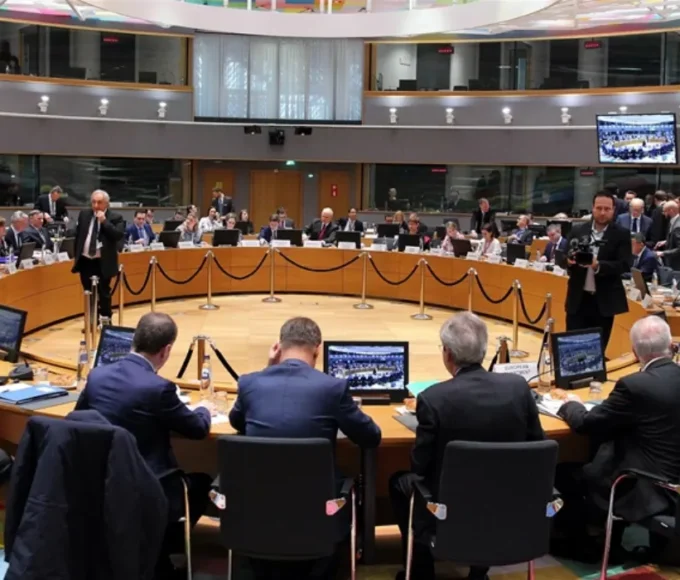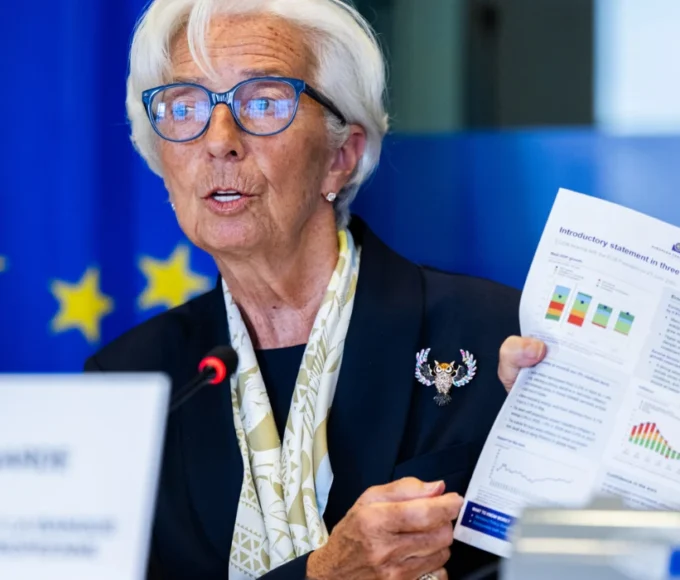European travelers are reconsidering their plans to visit the United States following former President Donald Trump’s heated exchange with Ukrainian President Volodymyr Zelensky at the White House on February 28. This diplomatic clash has created negative sentiment among Europeans, leading to a noticeable decline in travel interest.
Kennet Brask, a Danish citizen who had previously enjoyed a fishing trip to Florida, had planned to return in 2025. However, after witnessing Trump’s behavior during the Zelensky meeting, he decided to cancel his trip, describing Trump as “very rude” and “childish.” Instead, Brask plans to travel to Mexico.
Travel agencies across Europe have reported a decline in bookings to the U.S. since Trump’s inauguration and the series of controversial decisions that followed. Data from the European Union shows that Europeans spent $155 billion on U.S. travel in 2023. However, visits from Western Europe dropped by 1% in February, reversing a 14% increase from the previous year. Slovenians showed the biggest drop at 26%, followed by Swiss and Belgian travelers.
Trump’s interest in annexing Greenland, a Danish territory, has also angered Danish citizens. Kim Kugel Sorenson, another Danish traveler, canceled a trip to California for a family wedding and even removed an American flag tattoo to avoid appearing supportive of the U.S.
Read also: EU Health Stakeholders Call for a Formal Participation Forum in the European Health Data Space
Steen Albrechtsen, a senior manager at Albatros Travel in Copenhagen, said the company has stopped marketing U.S. trips due to low demand and growing resentment toward Trump’s policies.
Economic factors, including a strong dollar and Europe’s slowing economy, are also contributing to the decline in travel. However, experts agree that political tensions are the main reason behind the downturn.
Canada has emerged as a popular alternative for European tourists. Timo Kohlenberg, CEO of America Unlimited, reported an unprecedented rise in Canadian travel bookings. Some Germans see visiting Canada as a sign of solidarity, especially after Trump threatened to make Canada the 51st state.
Despite the decline, some travel companies like TUI expect short city trips and camping tours in the U.S. to remain popular. In February, German visits to the U.S. fell by 9% after an 18% rise in 2024.
The U.K. and Germany have updated travel advisories for the U.S., emphasizing stricter entry requirements and increased border controls. Maria del Carmen Ramos, an immigration attorney, confirmed that U.S. customs have tightened checks at entry points.
The political climate under Trump’s leadership is reshaping European travel trends, with Canada becoming a preferred destination while U.S. tourism faces uncertainty.
This article is originally published on ouest-france.fr









